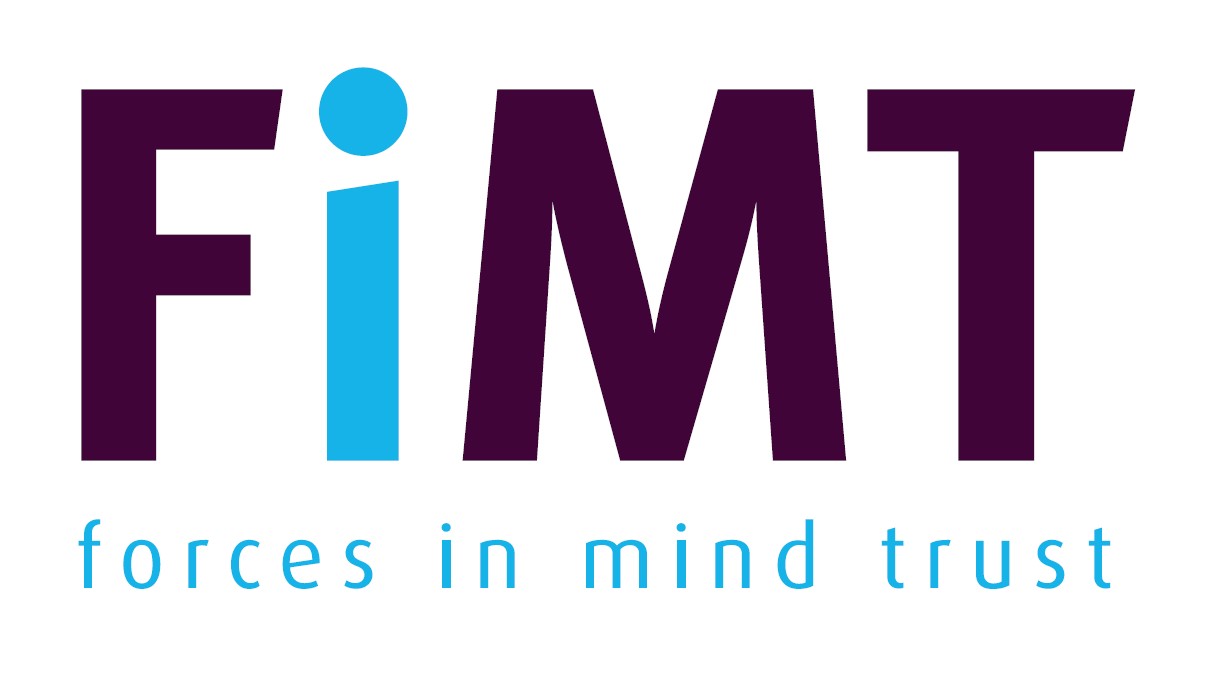Research by QinetiQ and RAND Europe outlines improvements over the past decade and calls for continuing momentum on improving transition for Service personnel and families.
The new study, funded by Forces in Mind Trust, saw significant progress in support for members of the Armed Forces community transitioning to civilian life, with most making a successful transition. However, the progress was not uniform, and there remains a significant cost to society of poor transitions.
The comprehensive study – Understanding the Transition from Military to Civilian Life – was commissioned to understand how transition works, how its communicated, and how it is viewed by the Armed Forces community.
The report noted a number of successes in improving transition: for example, transition is now more holistic, with the 2019 Defence Holistic Transition Policy shifting the emphasis to focus on the whole person and their families throughout military service. A wide ecosystem of support, advice and guidance is also now available to serving, ex-Service personnel and their families.
Employment has been a major focus of much of the transition support given to Service leavers over the past decade, and as such has seen significant progress. Similarly governmental and non-governmental support for health and wellbeing has improved but this progress has stalled in critical areas such as the sharing of healthcare data between the military and civilian providers.
Progress has not been uniform. Guidance on transition can be overly complex and not always accessible to every member of the Armed Forces community. There are also organisational and cultural barriers to focusing on transition during service, with a lack of preparations being made for transition prior to Service personnel deciding to leave.
Recommendations
The report identifies key changes that can improve the experience of transition for the Armed Forces community:
- Data quality and consistency: There needs to be better collating, tracking and transferring of relevant data and information on Service leavers and families with, and between, organisations. This would mean ex-Service personnel not having to retell their story and be seamlessly transferred between organisations.
- Personal responsibility: Encourage personal responsibility and engagement throughout a Service personnel and family’s journey. Transition preparation should start ‘in career’, with support from those in service. Personnel and families should be encouraged to understand the realities of civilian life and make the most of available training and education opportunities.
- Reframing the narrative of transition: Preparing for transition to civilian life should be normalised in Defence organisational culture allowing earlier conversations and learning about leaving.
- Simpler policy and guidance documentation: Resources on making the transition to civilian life should be made easier to understand and simpler to access. One specific improvement would be allowing families more access to resources that are currently only available to the Service-person.
Lin Slapakova, Research Leader at RAND Europe
“As the UK Defence and societal context changes, Armed Forces personnel and their families may be transitioning into a different environment today than they have historically. As this research demonstrates, it is essential to re-examine transition processes and support through this contemporary lens. This will help effectively build on progress achieved in recent years and mitigate the significant societal costs that arise from poor transitions to civilian life.”
Natalie Fisher, Principal Occupational Psychologist, QinetiQ
“Transition journeys are often unique to a Service leaver and their family. Needs and experiences vary, depending on why and how the individual is leaving and their own set of personal circumstances. Whilst significant, positive progress in the transition space has undoubtedly been made over the last 10 years, as with any large, complex network of support it is difficult to cohere and consequently some challenges remain. This report provides a roadmap to navigate the changes needed to simplify the transition landscape for the Armed Forces community”.
Michelle Alston, Chief Executive at Forces in Mind Trust
“This report recognises the effort that has gone into to improving transition for the Armed Forces community. Transition now starts earlier and there are a growing range of tools and services designed to support it. But as transition becomes less linear, with military careers potentially interspersed with civilian employment, more emphasis is needed on a whole career approach to transition. A good transition supports not only the serving family but is a key element of recruitment and retention, as well as the “whole society” approach to defence outlined in the Strategic Defence Review.”
Full report – https://s31949.pcdn.co/wp-content/uploads/Transition-Study-Report_V5.pdf

















